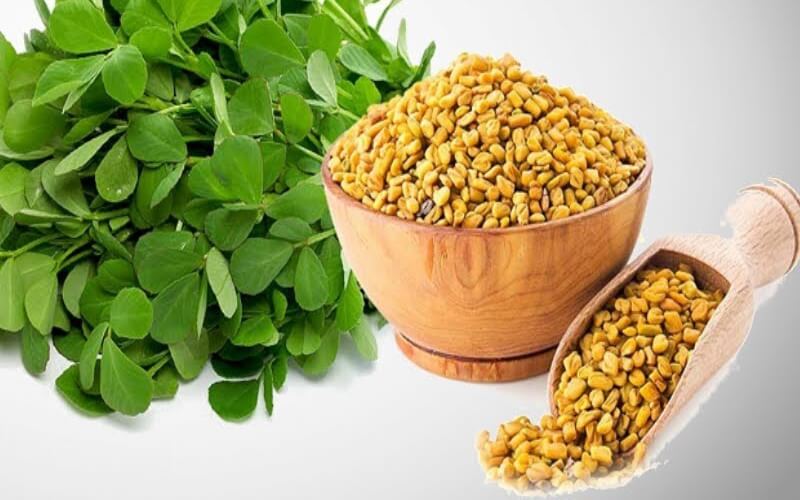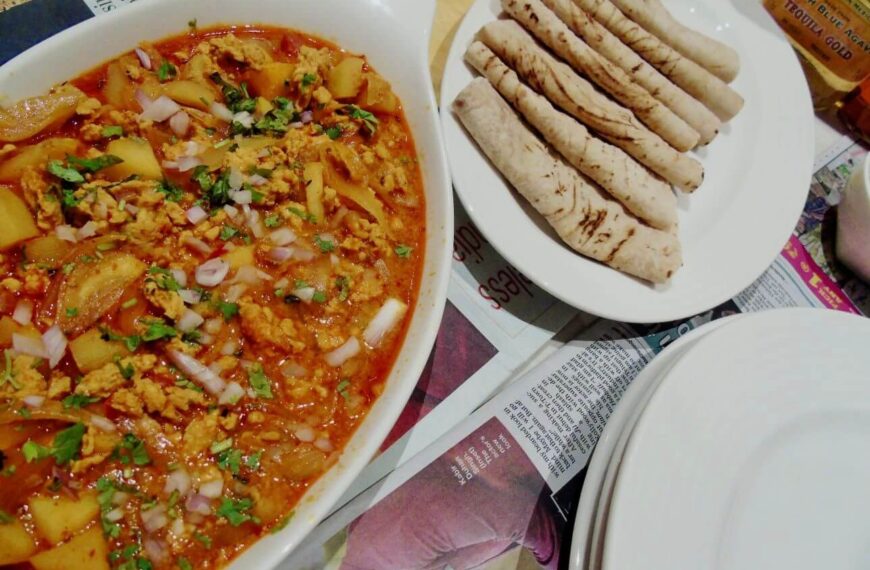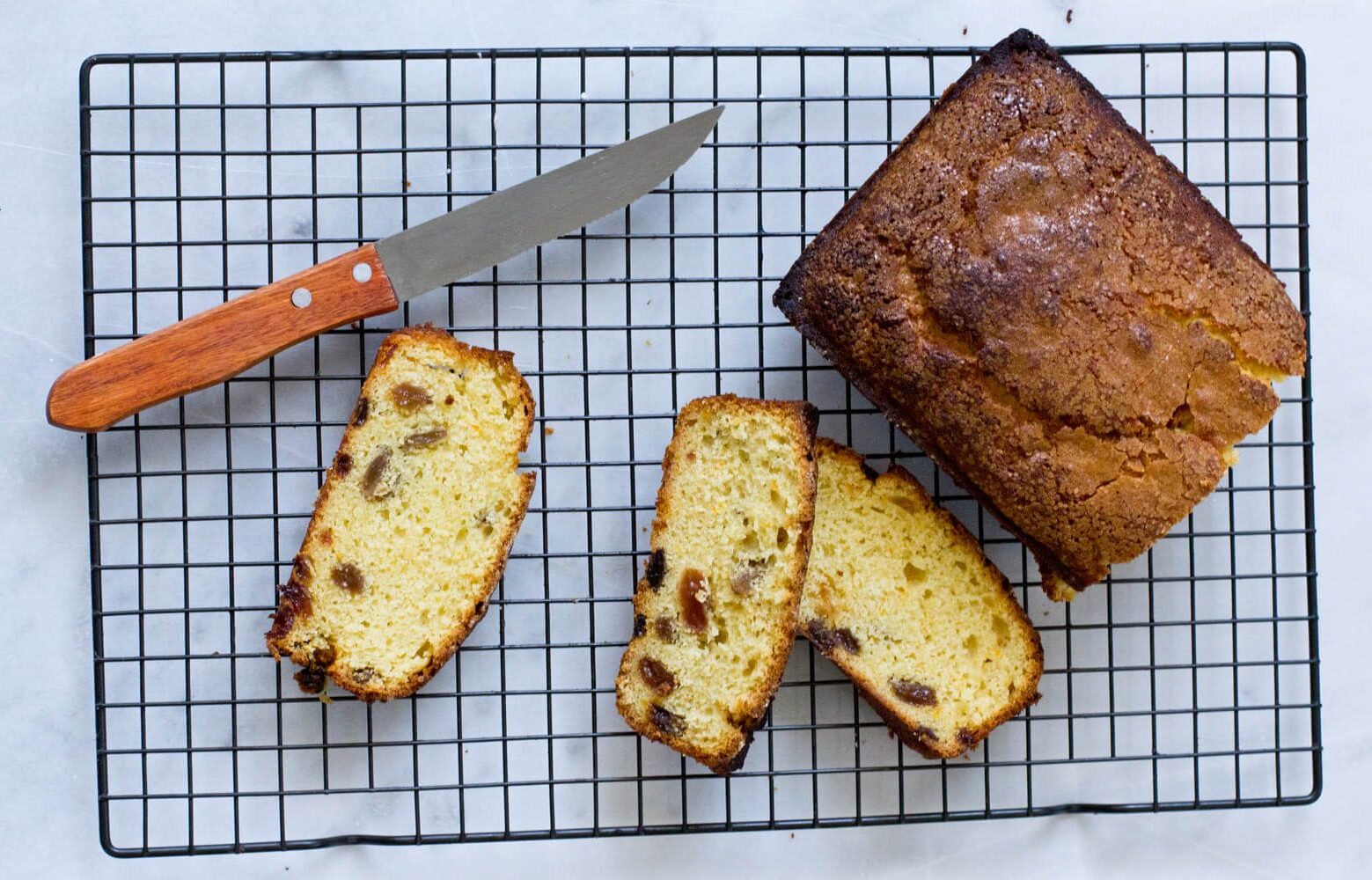Rupa tells us about Fenugreek or Methi, a miracle seed, a panacea of sorts. An exclusive for Different Truths.
 Fenugreek aka Methi is similar to clover that is native to the Mediterranean region, southern Europe, and western Asia. The seeds are used in seasoning, in cooking, to make medicine, or to hide the taste of other medicines. Fenugreek seeds smell and taste somewhat like maple syrup. Fenugreek in leafy form is used as a vegetable by itself, with potatoes, can be added to lentils, dry leaves crushed are Kasoori Methi added for zing or even laddoos are made by certain groups with jaggery and eaten in winters for warmth. It is included as an ingredient in spice blends. It is used as a flavoring agent in imitation maple syrup, foods, beverages, and tobacco.
Fenugreek aka Methi is similar to clover that is native to the Mediterranean region, southern Europe, and western Asia. The seeds are used in seasoning, in cooking, to make medicine, or to hide the taste of other medicines. Fenugreek seeds smell and taste somewhat like maple syrup. Fenugreek in leafy form is used as a vegetable by itself, with potatoes, can be added to lentils, dry leaves crushed are Kasoori Methi added for zing or even laddoos are made by certain groups with jaggery and eaten in winters for warmth. It is included as an ingredient in spice blends. It is used as a flavoring agent in imitation maple syrup, foods, beverages, and tobacco.
The seeds are used in seasoning, in cooking, to make medicine, or to hide the taste of other medicines. Fenugreek seeds smell and taste somewhat like maple syrup.
Fenugreek is taken orally for digestive problems such as loss of appetite, upset stomach, constipation, inflammation of the stomach (gastritis), diabetes, painful menstruation, menopause, polycystic ovary syndrome, arthritis, poor thyroid function, and obesity, heart health such as ‘hardening of the arteries’ (atherosclerosis) and for high blood levels of certain fats, including cholesterol and triglycerides. It is used for kidney ailments, a vitamin deficiency disease called beriberi, mouth ulcers, boils, bronchitis, infection of the tissues beneath the surface of the skin (cellulitis), tuberculosis, chronic coughs, chapped lips, baldness, cancer, Parkinson’s disease, and exercise performance.
Some men use fenugreek for hernia, erectile dysfunction (ED), male infertility, and other male problems. Both men and women use fenugreek to improve sexual interest. Women who are breast-feeding sometimes use fenugreek to promote milk flow.
Some men use fenugreek for hernia, erectile dysfunction (ED), male infertility, and other male problems.
Fenugreek is sometimes used as a poultice – where it is wrapped in cloth, warmed,

and applied directly to the skin to treat local pain and swelling (inflammation), muscle pain, pain and swelling of lymph nodes (lymphadenitis), pain in the toes (gout), wounds, leg ulcers, and eczema. Fenugreek appears to slow absorption of sugars in the stomach and stimulate insulin. Both of these effects lower blood sugar in people with diabetes.
Water from soaked seeds is good source of broth or to wash hair. Being a coolant, it is best avoided by anyone with common cold, sinus, etc. Some people have an allergy to fenugreek, people who have peanut allergies or chickpea allergies might also suffer an allergy to fenugreek.
In manufacturing, fenugreek extracts are used in soaps and cosmetics.
Fenugreek is a source of soluble fiber. It соntаins Galactomannan, an essential constituent that helps lower the rate of digestion and absorption of carbohydrates. This, in turn, helps lower blood glucose levels in people with diabetes and improves оvеr all glucose tolerance.
Fenugreek is a source of soluble fiber. It соntаins Galactomannan, an essential constituent that helps lower the rate of digestion and absorption of carbohydrates. This, in turn, helps lower blood glucose levels in people with diabetes and improves оvеr all glucose tolerance. It is an unusual amino acid (4-hydroxyisleucine), with anti-diabetic properties ѕuсh as enhancing insulin secretion under hyperglycemic conditions, and increasing insulin sensitivity, helping the treatment of type 1 and type 2 diabetes mellitus.
An exotic culinary creation with sprout Fenugreek seeds:
- Soak in water about 4 times its volume for about 5-6 hours.
- Rinse the soaked seeds which lose bitterness on soaking
- Let them sprout in a moist environment for 12 hours
- Boil fresh sprouts till tender.
- Add tamarind paste to taste, salt, brown sugar or jaggery, evaporate moisture.
- Season it with warming little oil, adding 1 Tsp Chana dal, 1 Tsp Urad dal (black gram), ½ Tsp mustard seeds, 1/2 Tsp cumin, 4 red chilies, a pinch of asafetida and curry leaves
Nature in its bounty offers another miracle seed Fenugreek aka Methi to be treated with more respect and appreciation!
Photos sourced by the author from the Internet





 By
By

 By
By
Thanks for sharing this great article